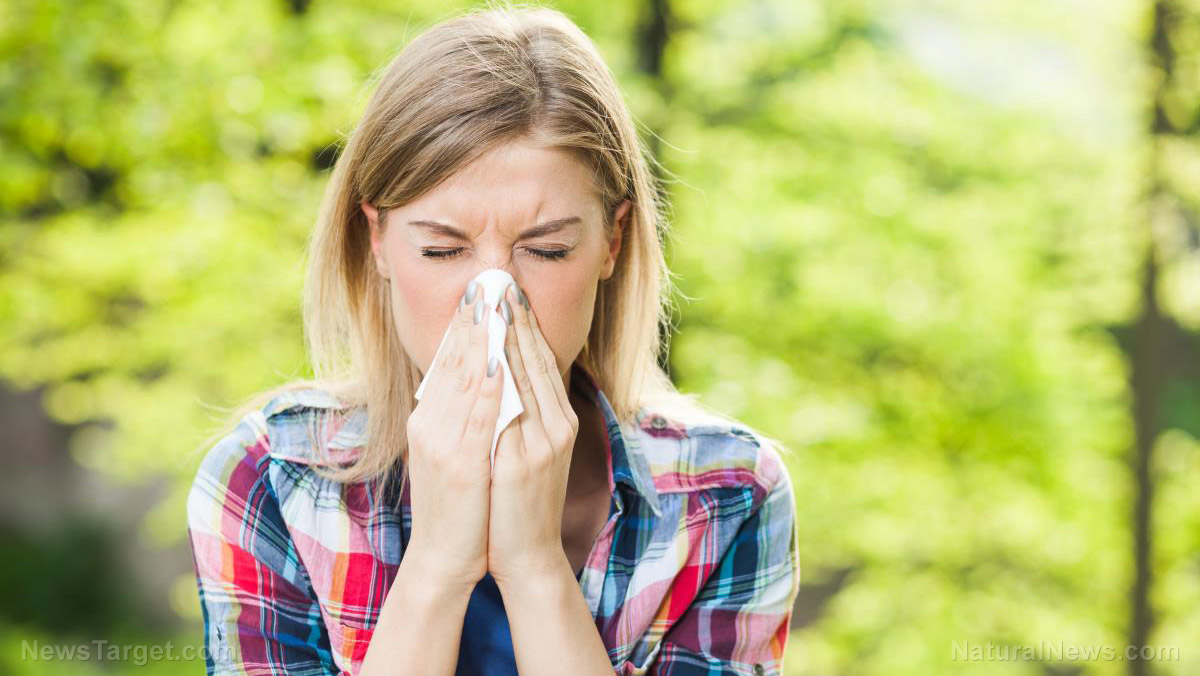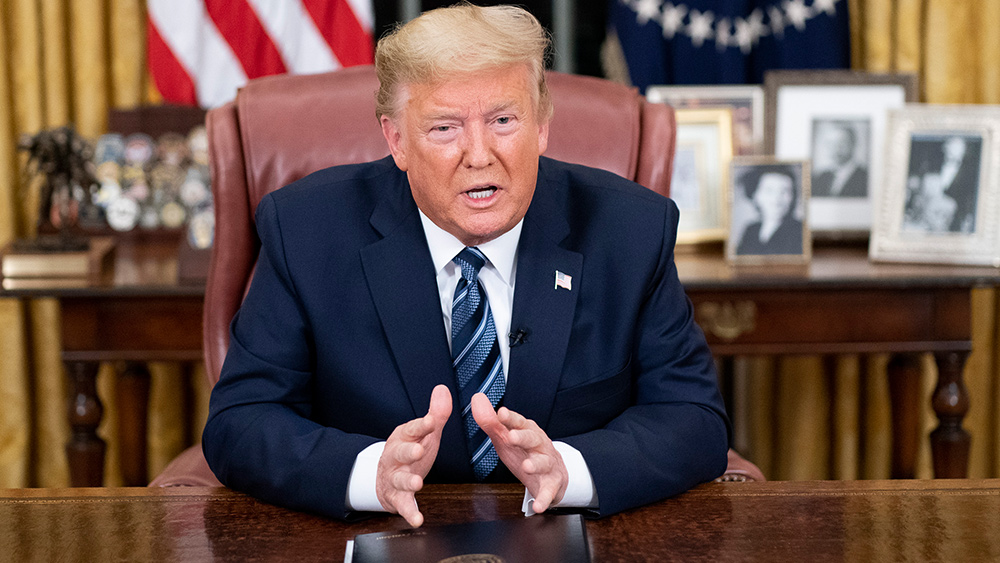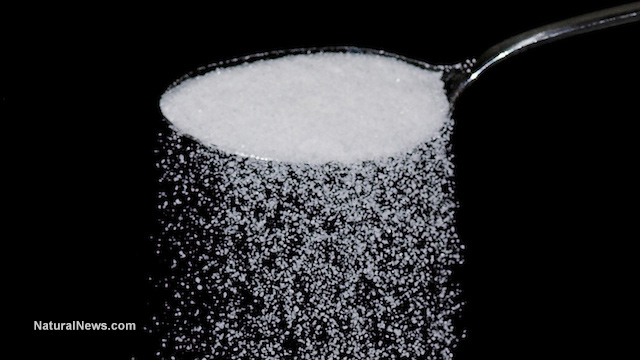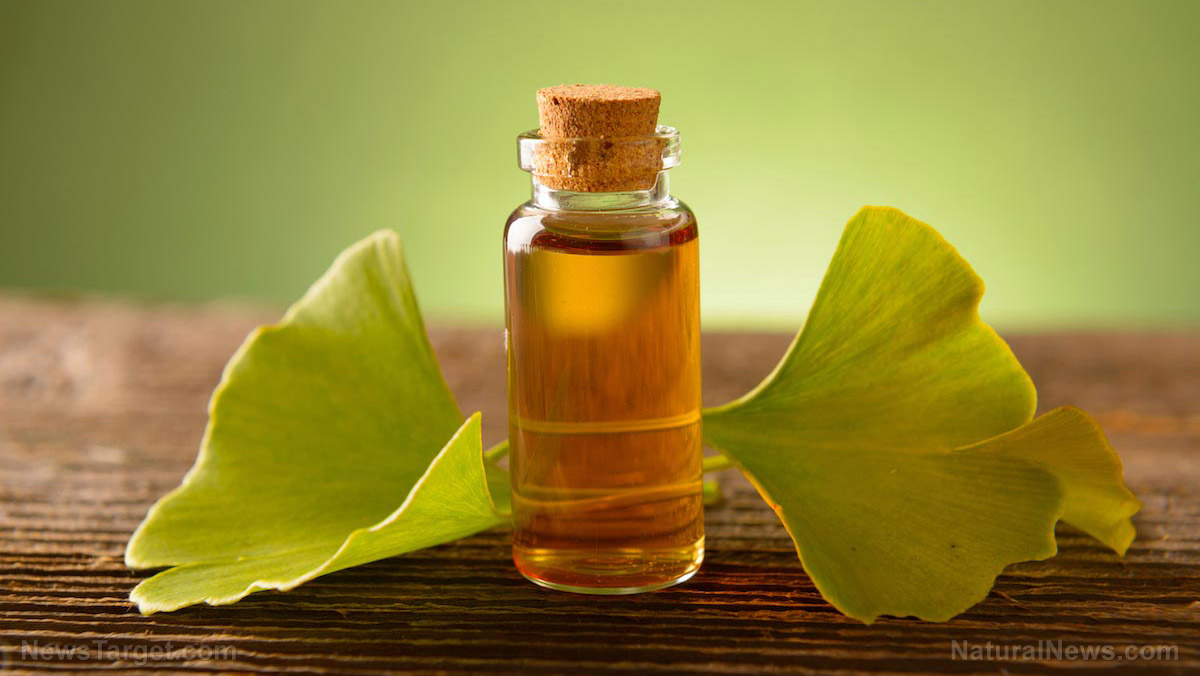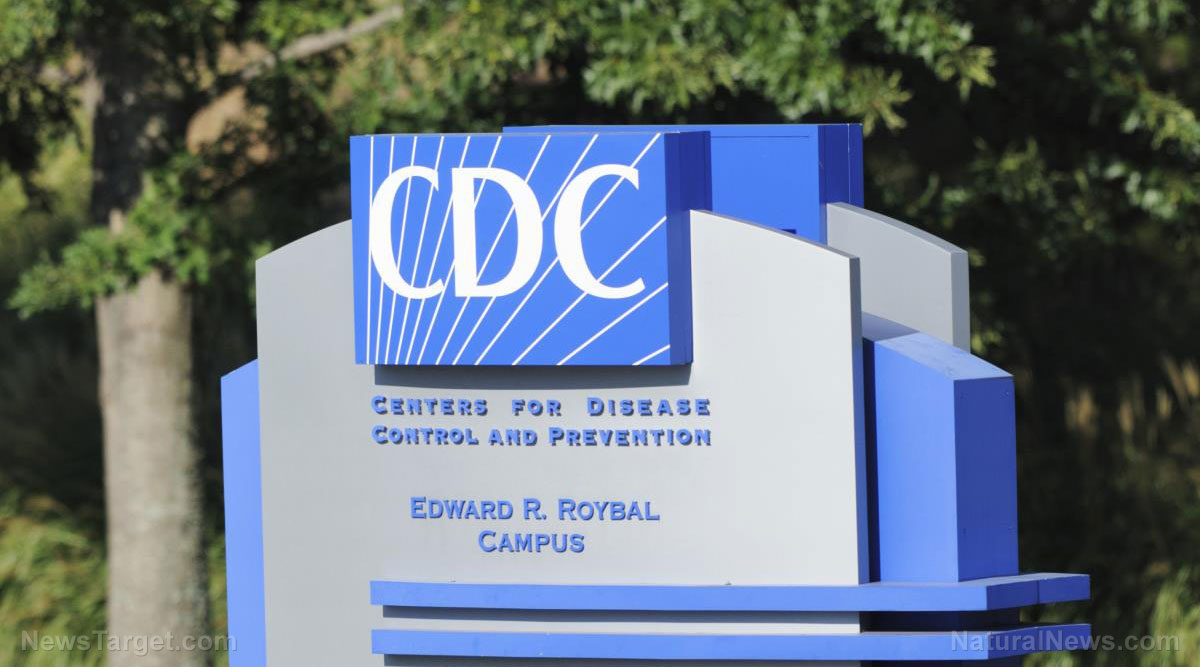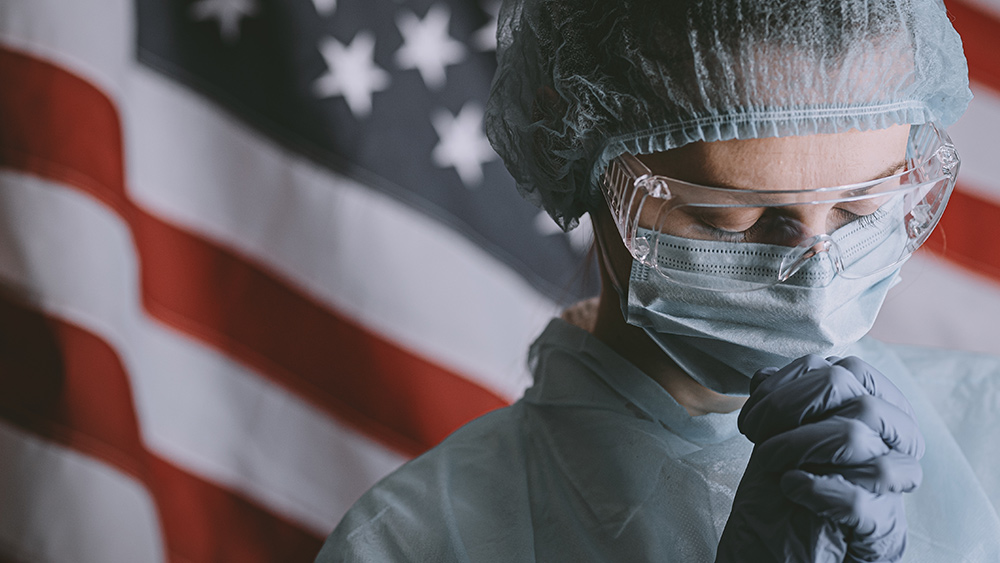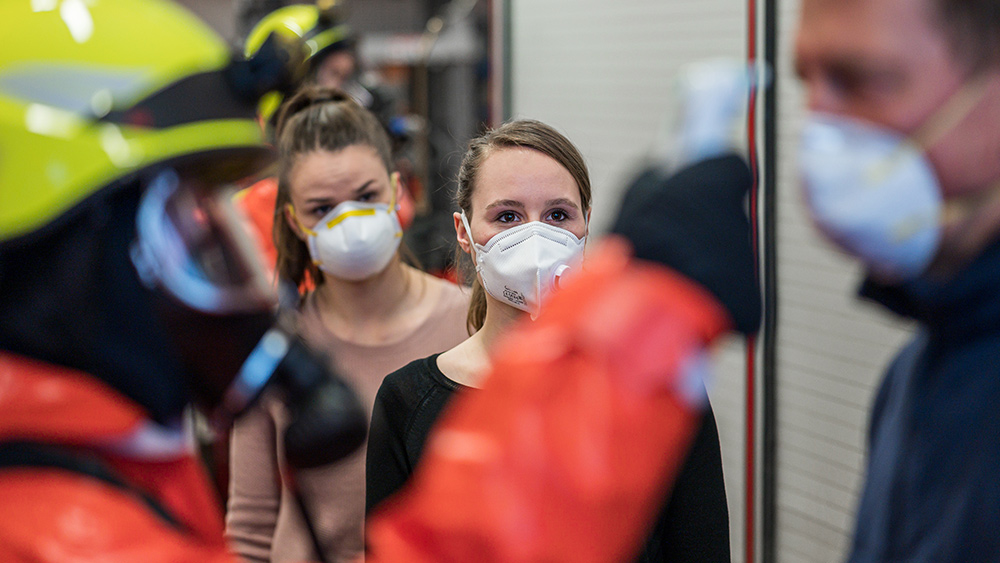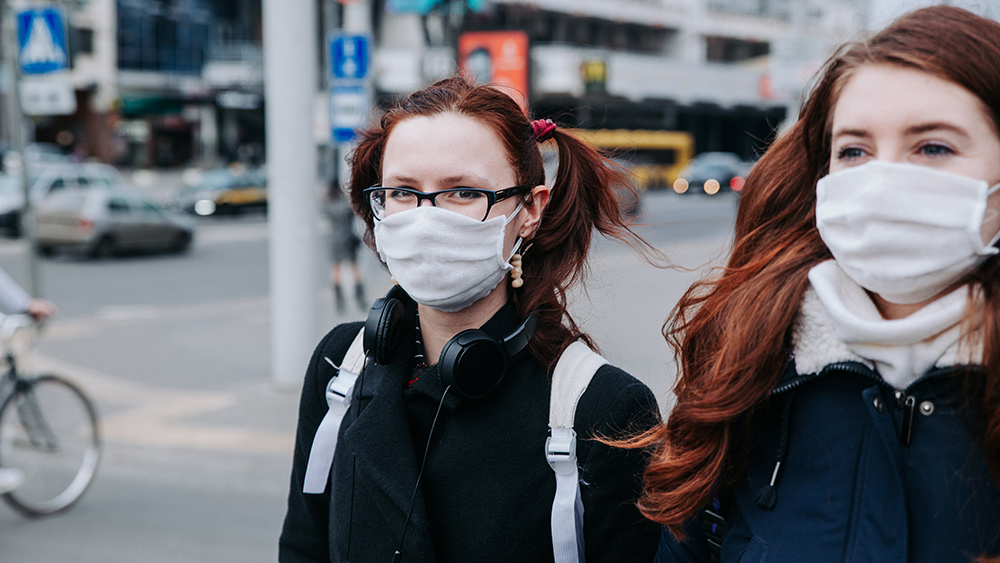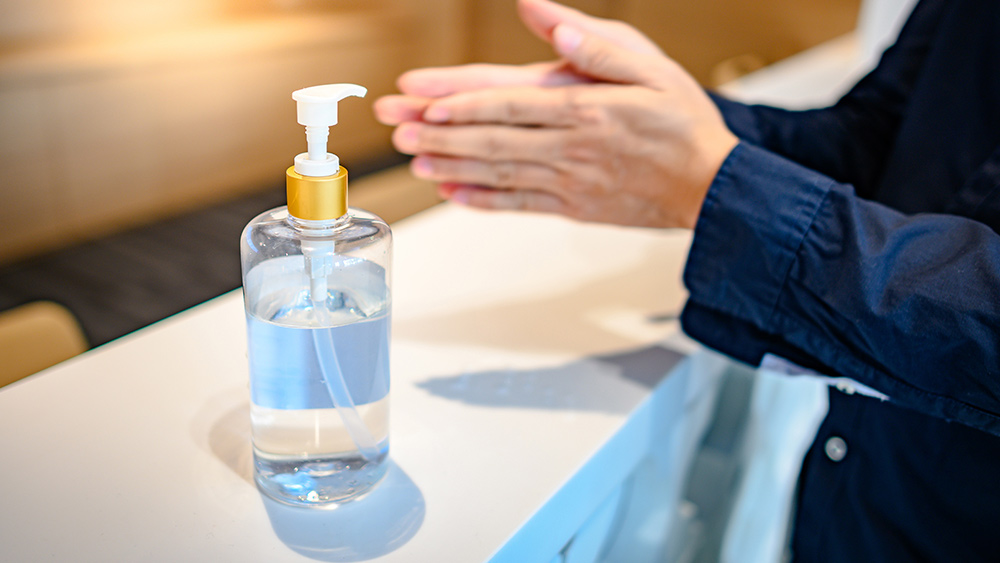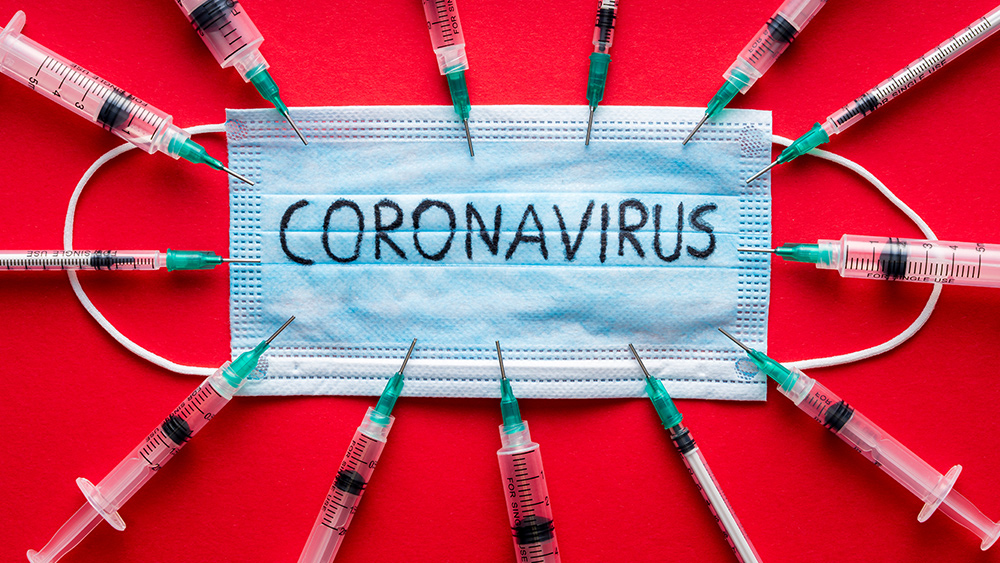Big Pharma races to distribute coronavirus vaccine – are there enough deep freezers to store it?
09/28/2020 / By Zoey Sky

Around the globe, scientists are racing to create a coronavirus (COVID-19) vaccine. But with America alone needing hundreds of millions of vaccines, regardless if citizens actually want them or not, experts are worried about one thing: Do they have enough freezers to store the vaccines?
Not enough freezers
Vaccines in late stages of testing must be stored at temperatures of at least minus 80 C (minus 112 F), which is akin to conditions for transporting ice cream and steaks to supermarkets.
When a vaccine is finally ready, hospitals, pharmacies and physicians’ offices will be turned into vaccination sites. The problem is, not all of these locations have specialized freezers.
In a mad rush to push a vaccine to an unsuspecting public, logistics, public-health and drug-industry officials have forgotten to finalize a cold-storage supply chain that will efficiently deliver vaccines all over America without letting the products become warm and ineffective.
Hospitals are considering the purchase of special freezers to solve any issues about equipment and storage capacity. Meanwhile, logistics companies and other nontraditional health-care competitors are setting up facilities to house hundreds of mobile cold-storage units or as freezer farms.
Like dairy or meat products, vaccines have chemical structures that are maintained when kept within certain temperature ranges. Drug companies already have data on optimal temperatures for chickenpox and shingles vaccines.
However, coronavirus vaccine development has been fast-forwarded to stop the further spread of the pandemic. This means health experts need more data about storage requirements, which is usually determined once clinical trials have concluded.
Vaccines need specific transportation and storage
Chaun Powell, the leader of disaster preparedness and response at Premier Inc., a major group-purchaser for U.S. hospitals, physician clinics and other places, explained that a vaccine for coronavirus that requires ultra-cold temperatures would “stress the supply chain because of the demands required for transportation and storage.”
Powell notes that if the vaccine has to reach at least 300 million American adults, addressing logistics concerns is essential. He added that researchers should first figure out how to get the vaccine to everyone at least “within an hour of their home.”
Health and industry officials believe a vaccine is key to stopping the spread of COVID-19. The most advanced vaccines are currently being tested with clinical trials involving 30,000 participants or more.
The U.S. government has already started planning for these vaccines’ potential distribution later this year.
Pfizer Inc., along with partner BioNTech SE, and Moderna Inc. are producing two potential vaccine candidates for coronavirus. The vaccines use a new gene-based technology called mRNA.
The two potential vaccines must be stored at subzero temperatures of at least minus 70 or minus 80 C. This isn’t new as medications like cell-based therapies are often shipped at ultra-cold temperatures via liquid nitrogen or dry ice.
However, these storage and shipping methods are expensive, with the cost being significantly higher as there are plans to ship millions once the vaccine is ready.
Limited ultra-cold storage space
Health and industry officials assume that millions of healthcare workers will be vaccinated at hospitals, but not all hospitals have the storage space or mechanical requirements to store vaccines at subzero temperatures for COVID-19 vaccines.
The lack of equipment means not everyone in the country can easily access the vaccine. In fact, clinics and pharmacies and clinics aren’t expected to become vaccination sites until a vaccine is authorized for the broader population. Experts believe authorization could take as long as until next year.
The problem is, ultra-cold freezers aren’t common in hospitals since not a lot of drugs and vaccines need them, like the chickenpox vaccine and flu vaccines.
Despite requiring cold storage, COVID-19 vaccines still have a limited shelf life. The vaccines might need to be used within six months, which is a much smaller window compared to other drugs.
Brian Swift, chief pharmacy officer at Jefferson Health, said that while Philadelphia’s Jefferson Health hospital system could store vaccines at minus 30 C, it might have limited ultra-cold storage space. Jefferson Hospital, which plans to offer vaccinations for its 30,000 employees, will need to purchase at least 15 special freezers.
Swift is worried about the availability of these high-end freezers, particularly since everyone else will be looking for them once the vaccines roll out. (Related: With COVID-19 vaccine looming, worries intensify over potential mandates.)
Is temporary cold storage available?
Pfizer took matters into its own hands by creating a temperature-controlled container about the size of a suitcase. The container can keep between 1,000 and 5,000 vaccine doses frozen at minus 70 C for 10 days before requiring more dry ice. Once thawed, the vials can be refrigerated for about two days.
Earlier this 2020, Moderna stored its vaccine at minus 70 C to prepare for trials. The company continued to study the vaccine and based on the finding, Moderna made plans to ship the shots at minus 20 C. Once thawed, the vaccine can be refrigerated for about a week.
Other coronavirus vaccines in human testing don’t require ultra-cold temperatures, like Johnson & Johnson’s experimental vaccine, which is slated to be shipped commercially at standard refrigeration.
Places Americans frequented for routine health care, like physicians’ offices, pharmacies and other locations, will act as COVID-19 vaccination sites early next year, but public health and industry officials are worried that the majority of them lack ultra-cold freezing capabilities. Officials also noted that Pfizer’s own containers might not work for smaller clinics or pharmacies if they don’t have thousands of doses on hand.
According to a CVS spokesperson, its locations can accommodate refrigeration and freezing storage requirements for most of the experimental coronavirus vaccines. CVS is also in talks with the Trump administration about vaccine administration.
McKesson, an Irving, Texas-based wholesaler, will be shipping COVID-19 vaccines requiring refrigeration of minus 20 C, reported a spokesman. Since 2018, the wholesaler has worked with Cryoport Inc., which provides temperature-controlled shipments for pharmaceutical companies.
Cryoport uses technology that keeps livestock-animal vaccines at minus 196 degrees for at least one month, shared Mark Sawicki, the leader of Cryoport’s legacy logistics division. He added that Cryoport is in discussions with other parties about the possible distribution of COVID-19 vaccines.
United Parcel Service Inc. (UPS) plans to finish the construction of its freezer farms, which has mobile freezer units, in Louisville, Ky., and the Netherlands by October.
Wes Wheeler, president of UPS Healthcare, explained that these freezer farms will act as stopover points during distribution or while awaiting regulatory decisions. According to Wheeler, the freezers can be configured to store a vaccine at between minus 85 and minus 20 C and that each one can hold as many as 48,000 vials.
UPS is also taking part in Operation Warp Speed, the White House-led partnership for COVID-19 answers. The group is pushing its partners for the distribution of a coronavirus vaccine as early as November this year.
Wheeler shared that UPS and other partners will begin test delivery runs in September, promising that the group and other members of the group “can’t fail” as the whole world is praying for their success.
Operation Warp Speed also involves federal agencies like the Centers for Disease Control and Prevention (CDC), the Food and Drug Administration (FDA) and the Department of Agriculture.
Sources include:
Tagged Under: Big Pharma, coronavirus, coronavirus vaccine, covid-19, deep freezers, health freedom, obey, outbreak, pandemic, vaccine, vaccine wars, vaccines

